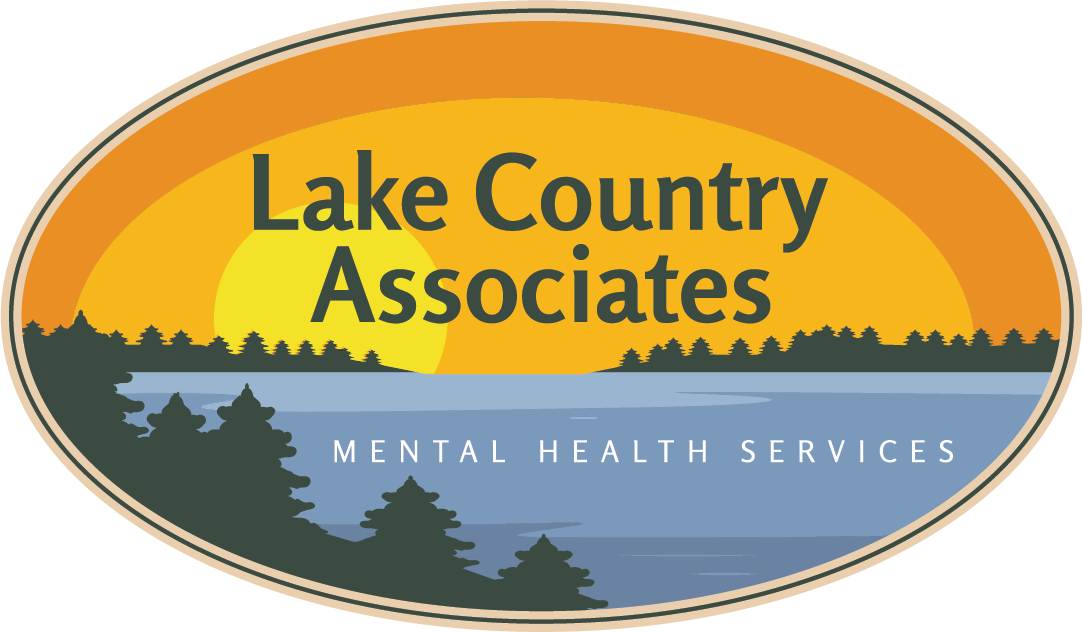In the previous three posts, we talked about how our emotions can become too “big”, even overwhelming, especially when we focus on the negative ones. To help ourselves we can use distraction as a coping skill. Distraction is something we are all familiar with in some form or another. Please read the previous posts discussing distraction strategies by clicking here: 1st post, 2nd post, and 3rd post. This will be the last week that we discuss distraction as a strategy. As you read, I hope you recognize or understand the importance of using positive coping skills for your mental health.
 When using distraction as a coping skill, the goal is not to be distracted from your life. That is not what I am recommending for you. There are so many things that we want to be actively aware of in life and they are important. However, we all need mental breaks. We all have times when something happens and our life feels hectic and our emotions flare. Sometimes it is words someone has said, see week one for an example of feeling anxious because of responding emotionally to a perceived verbal threat. Sometimes something happens physically, like almost getting hit by a car, and our emotions understandably escalate. Sometimes it’s something that reminds us of a negative event or a traumatic occurrence that happened in the past. In each of these situations we can and should use distraction to remove ourselves from the stress and drama of the moment but we also need to move forward.
When using distraction as a coping skill, the goal is not to be distracted from your life. That is not what I am recommending for you. There are so many things that we want to be actively aware of in life and they are important. However, we all need mental breaks. We all have times when something happens and our life feels hectic and our emotions flare. Sometimes it is words someone has said, see week one for an example of feeling anxious because of responding emotionally to a perceived verbal threat. Sometimes something happens physically, like almost getting hit by a car, and our emotions understandably escalate. Sometimes it’s something that reminds us of a negative event or a traumatic occurrence that happened in the past. In each of these situations we can and should use distraction to remove ourselves from the stress and drama of the moment but we also need to move forward.
Moving forward doesn’t mean that we drop the problems and it doesn’t mean we avoid or ignore what is happening with our emotions. We want to deal with our problems, but not emotionally. If we’re too angry, anxious, depressed, disrespected, guilty, shamed, giddy, tired, rejected, humiliated, abandoned, grieving…the list goes on, we need to deal with those feelings so we can communicate to others in a way that they will listen where we can be heard and we can hear them. We will all have big emotions at times, let’s deal with them so we can then solve the problem if there is one and get back into our lives.
We need to be aware of those times where we are stuck. When we get an emotional response that is not in our best interest, it is our responsibility to calm ourselves back down to a level where we can carry on. The importance of self soothing is huge. Distraction is an important tool but only for a limited amount of time. Remember the “20 minute” rule where it only takes 20 minutes for your brain to de-escalate.
Make a List
There are so many activities that can draw our attention away from our negative emotional state. What are some that you use personally to help you to focus? Write down ones from the list below that you want to try, ones you already know, and any you find along the way. Listed are the distraction skills that come to mind but perhaps the list can spark some additional ideas for you or get you thinking about what you like to do. Have the list handy to look at when your emotions have escalated. Then you can help yourself by picking something from the list. Part of the problem with big emotions is they can cloud our mind and we forget the things we want to do. Writing it down and having it someplace where we can easily get to is a perfect way of solving this problem. You can write the list down on note cards, post it notes, use a dry erase marker on your mirror, in your phone, or use the this printable Distraction Skills Worksheet.
- Read a book
- Read a magazine
- Go to the library
- Watch a show or movie
- Go shopping (even window shopping)
- Eat something sour or hot – something that will get your attention
- Read old letters or cards that have positive sentiments
- Hug a stuffed animal
- Organize your calendar
- Make a shopping list
- Make a favorite meal (careful you don’t choose to use food to cope, stress eating can cause a real problem)
- Copy recipes onto cards (last week we talked about going through old magazines, you can copy the recipes you wanted and get rid of it)
- Research something you’re interested in
- Read inspirational quotes – online or from a book
- Journal
- Start a new hobby (coloring books for older people are popular now)
- Take a walk
Don’t forget about your children. Distraction is one of the best ways to help your children when they become too emotional. You can help them by distracting their mind toward something else. At different ages this will mean different things. For the younger kids, give them a toy or have them pick out a book to help them de-escalate. As they get older you can have them play a game (remember the time limit), have them do a favorite activity or watch a tv show. I’ve mentioned this before if you’ve been reading weekly, but all you need to do to decrease your emotions is to distract for 20 minutes. After that 20 minutes, it’s time to help your child understand their emotions, which should include labeling the emotion for your child and discussing the incident, plus letting them know that distraction is what helped them. Distraction skills are not a get out of trouble free card, but they are a way to make progress with learning about their emotions and about what they did instead of just punishing the emotional response.
What’s the Next Step?
Next month we will offer two posts about coping skills. Follow us on Facebook to see when they are posted, or check back here. I’m looking forward to moving onto a new category of coping skills to share with you.
Coping skills can help, but they cannot take the place of counseling and cannot solve many of the challenges associated with mental illness. If you need more help, we’re here for you. To schedule a counseling appointment, call us at 218-366-9229 (Park Rapids) or 218-444-2233 (Bemidji). For those interested, I offer Christian counseling out of the Park Rapids office. Please let reception staff (and me) know that you are interested in Christian counseling. Please check out our staff bios here.
Blessings,
Diane Cerven, LPCC
Want to read past posts on distraction skills, follow them here:
